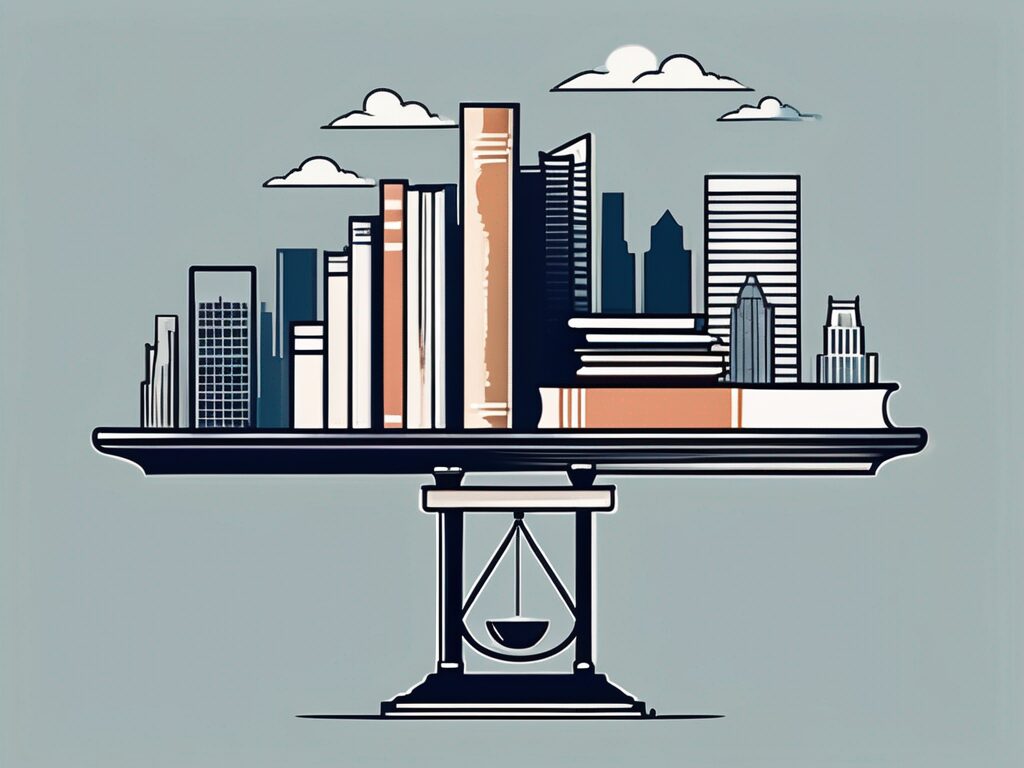Singapore, known for its high-performing education system, has been a subject of admiration worldwide. However, beneath the glittering surface lies a less discussed issue – education inequality. This article delves into five key insights into this complex issue, shedding light on the underlying factors and potential solutions.
1. The Role of Socioeconomic Status
The Influence of Family Income
Family income plays a significant role in determining a child’s educational opportunities. In Singapore, children from higher-income families generally have access to better educational resources, such as private tuition and enrichment classes. This is in stark contrast to children from lower-income families who often struggle to afford basic school necessities.
Think of it as a race. While all runners start at the same line, those with better shoes (resources) have a higher chance of reaching the finish line (success) faster. This comparison illustrates the influence of family income on education outcomes.
The Impact of Parental Education
Another factor closely tied to a child’s educational success is the educational attainment of their parents. Parents with higher education levels are more likely to have a better understanding of the education system and can provide more academic support to their children.
Imagine a tour guide leading a group of tourists. The guide, having been to the location before, can navigate the group effectively. Similarly, parents with higher education levels can guide their children through the education system more effectively.
2. The Streaming System
The Nature of Streaming
Singapore’s education system is known for its streaming system, where students are grouped based on their academic abilities. While this system aims to cater to different learning paces, it has been criticised for perpetuating education inequality.
Consider a group of plants growing in a garden. Some plants may grow faster than others due to their inherent characteristics. However, if the gardener only waters the fast-growing plants and neglects the slower ones, the growth gap will widen. This is similar to the streaming system, where academically stronger students receive more resources, exacerbating the education inequality.
The Effects of Labelling
Another issue with the streaming system is the labelling effect. Students placed in lower streams often face negative stereotypes, which can affect their self-esteem and motivation to learn.
Imagine being labelled as a ‘slow learner’. This label, like a heavy backpack, can weigh students down, hindering their progress in the education journey.
3. The Role of Schools
The Variation in School Resources
Not all schools in Singapore are created equal. Elite schools often have more resources and attract more experienced teachers, leading to better education outcomes for their students. On the other hand, neighbourhood schools, which cater to students from lower-income families, often have fewer resources.
Think of schools as restaurants. Elite schools are like high-end restaurants with top chefs and quality ingredients, while neighbourhood schools are akin to budget eateries. This disparity in resources contributes to the education inequality in Singapore.
The Importance of School Culture
School culture, which includes values, traditions, and practices, also plays a role in shaping a student’s educational experience. Schools with a culture of high expectations and academic excellence can inspire students to strive for success.
Imagine a school culture as the climate of a region. Just as a conducive climate can foster the growth of diverse flora and fauna, a positive school culture can nurture students’ growth and development.
4. The Impact of Private Tuition
The Prevalence of Private Tuition
Private tuition is prevalent in Singapore, with many parents investing heavily in additional academic support for their children. However, this creates an uneven playing field, as not all families can afford private tuition.
Consider a game of football where one team has a coach while the other doesn’t. The team with a coach has an advantage, similar to students who have access to private tuition.
The Effect on Education Inequality
The widespread use of private tuition exacerbates education inequality. Students who can afford private tuition often perform better academically, widening the gap between the haves and the have-nots.
Imagine a staircase where each step represents a level of academic achievement. Those with private tuition can climb the staircase more quickly, leaving those without behind.
5. Potential Solutions
Increasing Government Intervention
One potential solution to education inequality is increased government intervention. This could involve providing more financial aid to lower-income families or implementing policies to ensure equal access to quality education.
Think of the government as a referee in a football match. Just as the referee ensures fair play, the government can implement measures to level the playing field in education.
Reforming the Education System
Another solution is reforming the education system. This could involve abolishing the streaming system or promoting a more holistic education that values skills and talents beyond academics.
Imagine the education system as a tree. Just as a tree needs pruning to grow healthily, the education system may need reforms to address the issue of inequality.
In conclusion, education inequality in Singapore is a multifaceted issue influenced by socioeconomic status, the streaming system, school factors, and private tuition. While it’s a complex problem, with concerted efforts from the government, schools, and society, it’s not insurmountable.
Empower Your Teaching Career with IPGCE
As we recognize the challenges of education inequality, it’s vital for educators to enhance their qualifications and embrace opportunities for professional growth. IPGCE offers a transformative International Postgraduate Certificate in Education that not only prepares you for the demands of international schools but also propels your career forward. With IPGCE, you can overcome barriers to qualification, enjoy increased chances of promotion, connect with a global network of professionals, gain a deeper understanding of global education systems, and manage professional development alongside your commitments. Take the first step towards becoming a more adaptable, connected, and qualified educator. Join the UK’s #1 Teacher Training Course and be part of the solution to education inequality.

